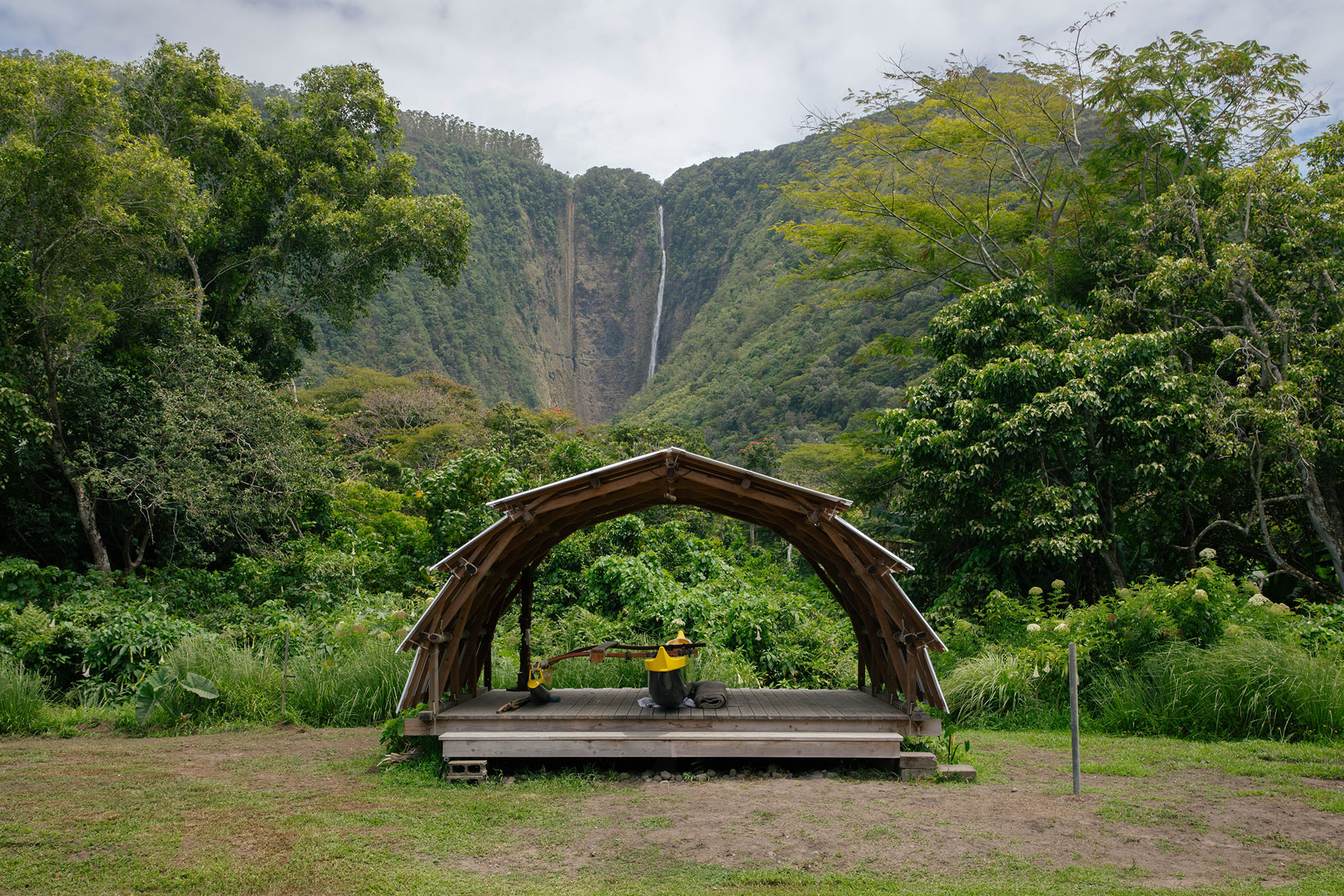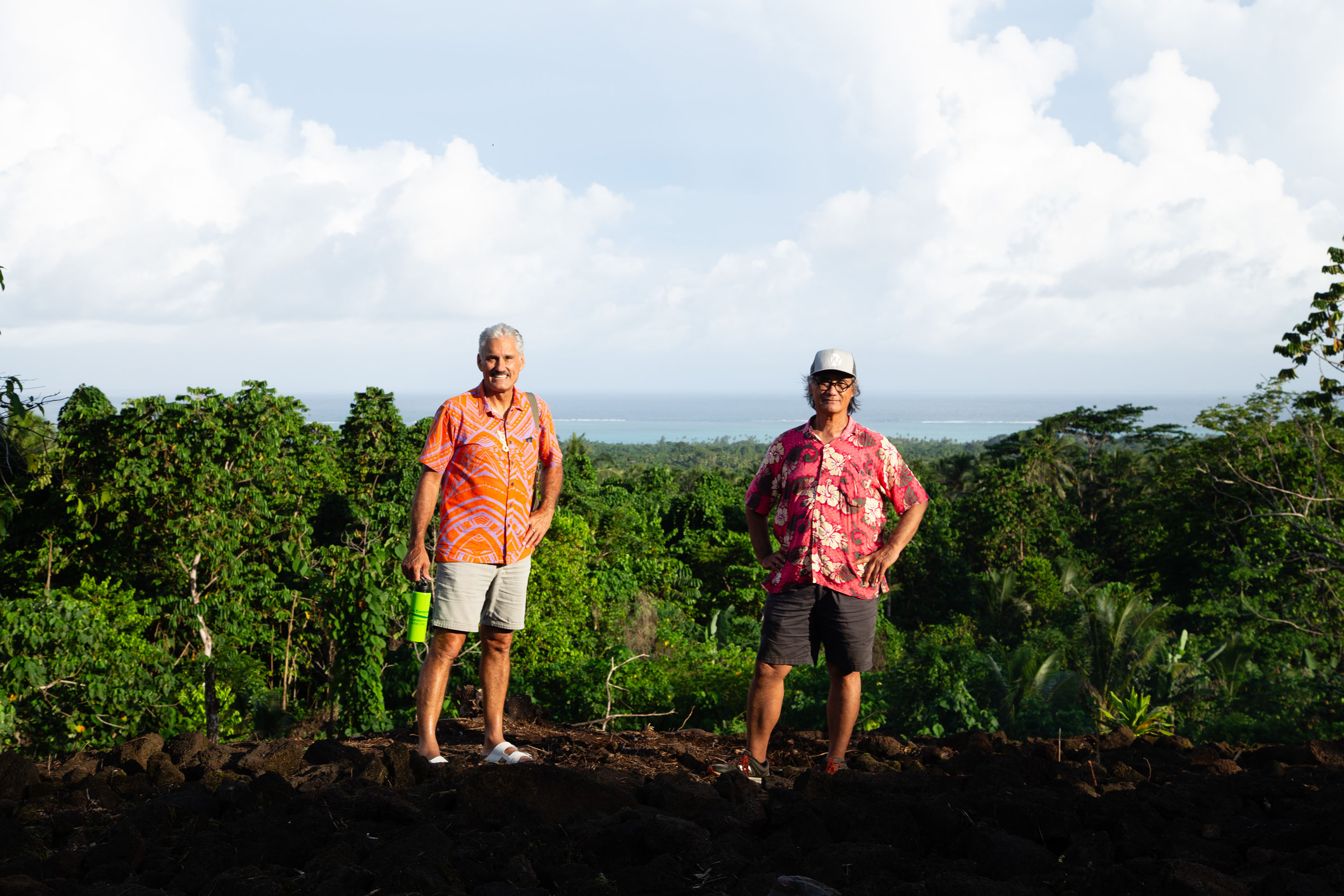

In early August 2022, extended ʻāiga of Vā Moana were privileged to hear presentations by Saʻiliemanu Lilomaiava-Doktor and Leilani Doktor while they were here in Aotearoa, along with one of our PhD candidates, Emily Parr. The SaVĀge Kʻlub opened the space with an ʻava ceremony.
Saʻiliemanu Lilomaiava-Doktor (Saʻili), is professor of Hawaiian and Pacific Studies at the University of Hawaii West Oahu. Her research interests focus on Pacific migration, development, transnationalism, diaspora and the interactive relationships of these with culture and place. She locates the indigenous reference explicitly in faʻa-Samoa, Samoan culture and way of life, as in concepts of Vā / social relational space, and Malaga / travel back and forth within the local and global dialectics of population movement and development processes in Oceania. Her recent research integrates oral sources and stories with more conventional academic understandings of land or place. It examines the cultural significance of storytelling as in tala le vavau or ancient stories/stories of old; fagogo or fables/tales; solo or chants; and tauloto or poems; which are rich in alagāʻupu or proverbs, and place names that shed light on indigenous understanding of place or fanua in Sāmoa.
Leilani Doktor is an environmental attorney with the United States Department of Justice in Washington, D.C. Her practice focuses on natural resource use, public lands management, and climate change. Originally from Honolulu, Hawaii, her previous work focused on community advocacy, indigenous peoples, and conflict resolution. Most recently, she conducted research on the legal avenues and obstacles to addressing global crises like sea level rise and climate migration in Suva, Fiji. She graduated from Harvard Law School with a Juris Doctorate in 2019.
Emily Parr is an artist and PhD candidate at AUT. Her moving-image practice weaves through time and space, exploring systems of relation emerging from Te Moananui-a-Kiwa. Emily’s research on settler-Indigenous relationships traverses oceans and centuries, seeking stories in archives and waters on haerenga to her ancestral homelands of Tauranga Moana, Sāmoa and Tonga. Her doctoral research considers the responsibilities she has inherited through her ancestral legacies and, in particular, to her family’s collection of taonga and measina held by museums.
The SaVĀge Kʻlub was first conceived by artist and scholar Rosanna Raymond in 2010 and is named in reference to a historical gentleman's club first established in London in the nineteenth century. The capitalization of VĀ in the middle of the word privileges the Samoan notion of vā - relational space between people and things. Vā is one of the founding principles ensuring Moana-based creative practices and protocols are at the centre of their collective practice. The SaVĀge K’lub celebrates all forms of art and culture, collaborating to acti.VĀ.te people and things. It is now a multi-disciplinary vehicle built to explore ideas of hospitality, culture and identity.
Vā Kōrero operates as a quarterly platform to support the research and practice of cluster members and our extended network. Affiliates, candidates, and wider whānau are invited to share in ceremony, food, and presentations of research; to engage with and seek support/mentorship from knowledge holders, senior academics, and artists alike.


